Although it only launched three months ago (November 2022) it’s already difficult to remember a time without ChatGPT. When the whole world couldn’t turn to an AI chatbot with questions about their coding assignment, concise explanations of complex topics, or sonnets about cheese. Now, conversations about ChatGPT, its impact and implications dominate the media while more and more industries are trying to harness its applications.

Nowhere has ChatGPT shaken things up more than in the technology industry. ChatGPT immediately shot to popularity with a loyal user base using it as a search engine alternative. This is a huge disruption in the industry — especially for giants like Microsoft and Google. The search engine and browser sector has been dominated by Google for years, with Microsoft’s Bing reaching irrelevancy. However, this new technological break could completely turn over how people interact with the internet — and the company that dominates it.
This is the next technological arms race. And Google and Microsoft are making moves.
The Timeline
November 2022
- ChatGPT launches and takes the world by storm
January 2023
- Microsoft announces a multi-year multi-billion dollar investment with OpenAI (the company behind ChatGPT).
6th February
- Google announces the launch of its chatbot rival — ’Bard’ — based on Google’s LaMDA model.
8th February
- Microsoft announces the launch of a new version of its browser, Bing, with AI tools and functionality.
9th February
- Alibaba, a popular Chinese manufacturer of consumer goods and digital products, announced it too would soon launch a ChatGPT-style chatbot.
Why AI?
What’s the craze about? Could something as untested and new as ChatGPT really rival something as established as Google Search?
Yes. And the answer lies in the underlying technology and its massive impact on user experience.
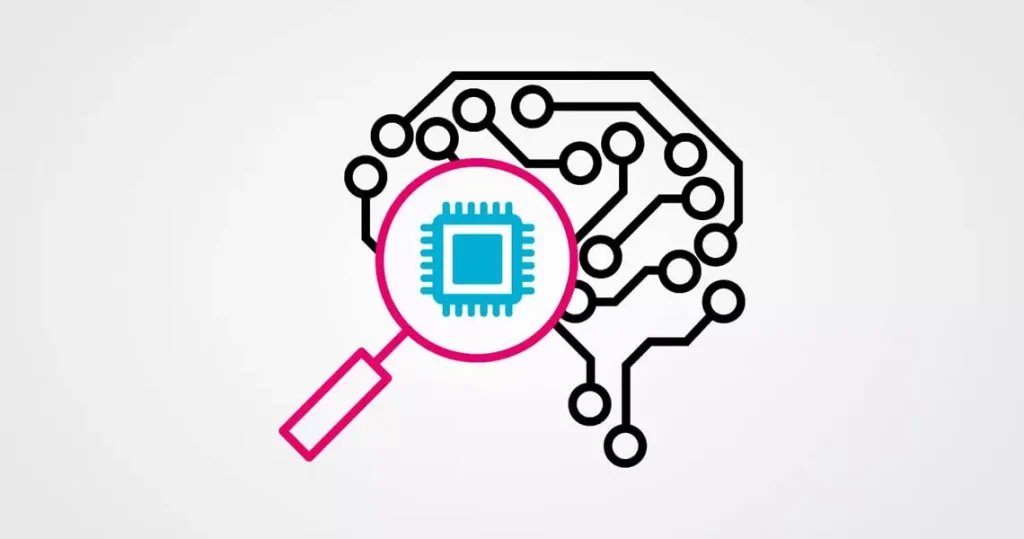
Google Search and all other search engines use keywords to process their search queries. This means that no matter how expansive their databases are, or how well indexed or ranked, they are limited in one important way. They cannot really understand a user’s query. Not the nuances, additions, or complexities, and not the intent behind them. This is why searches are often not able to provide the exact information you want or to respond to all parts of a search query.
Additionally, a current search engine can only provide the answer in the form of a list of ranked webpages which the user themselves has to read through for the information.
These are the two important edges that AI chatbots have over traditional search engines – understanding and easy answers.
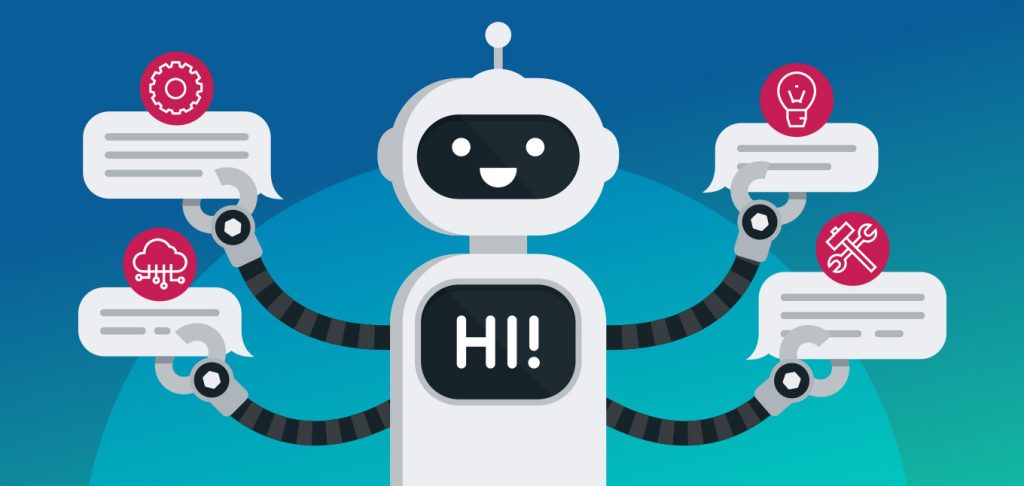
AI chatbots process queries using a natural language model which allows them to tackle more complex, vague, or nuanced queries. They are able to understand the query as a whole and the intent behind it, not just its main keywords. This allows them to give the user more relevant information and to answer their query in a more holistic and helpful way.
Secondly, AI chatbots deliver answers to queries in a natural language format. Or conversationally. The format of the answer can also be personalized (e.g. formal academic, blog post, poem, Instagram caption). This means users have to spend less time and effort understanding and applying the answer to their needs.
Traditional search engines simply cannot compete with the ease, convenience, and accuracy AI chatbots offer to users. The only option for companies like Microsoft and Bing, then, is to embrace this new technology.
The New Bing
Microsoft’s goal, with its multi-billion dollar investment in OpenAI, was not just to buy ChatGPT. Instead, it was to start integrating AI deeply with its products. Most importantly with its search engines — Bing and the Microsoft Edge browser.
The new, AI-integrated Bing is already live and being rolled out to waitlisted users.
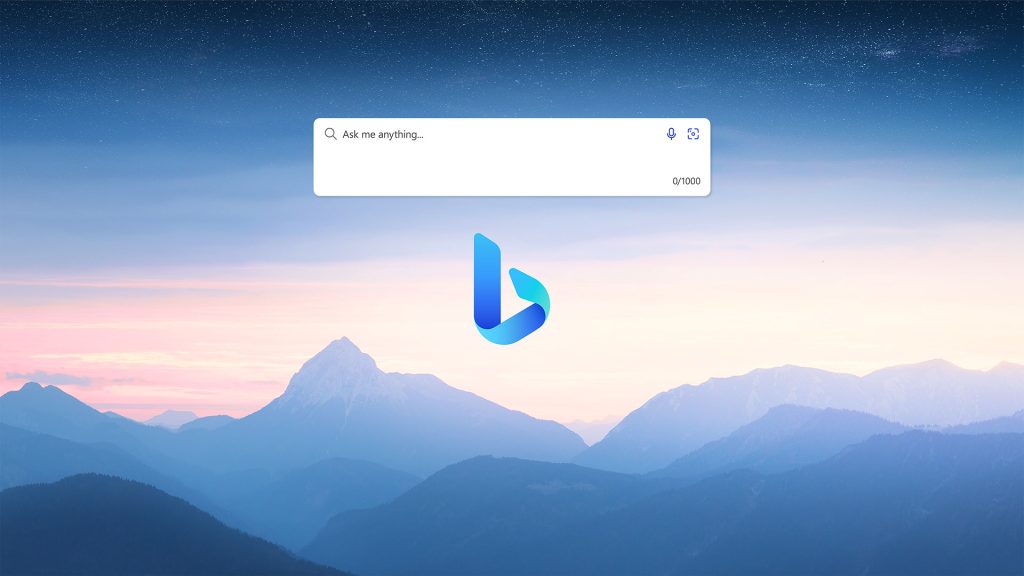
The OpenAI research and technology they’re using and developing is even more powerful and sophisticated than ChatGPT already is. It will allow for more accurate and context-sensible answers to queries. Further, they are experimenting with providing detailed answers to queries rather than just providing links to websites. The new search engine will feature a chatbot that users can use to tailor their queries further. A new tab on the right side of the browser will provide more context-relevant information.
Never in human history has finding answers to any question been so easy and instant.
Google's 'Bard'
Google, anxious not to get left behind, announced its own chatbot competitor soon after Microsoft’s AI play.
Bard. Powered by LaMDA.
Bard is Google’s new chatbot, which is currently available to trusted testers before a public rollout. It will have the same functionalities as ChatGPT but with Google’s massive database and algorithmic backing. This means a smarter and easier-to-use search engine than ever before. Think of it as asking a question to the most intelligent person on the planet, or asking them for help with your essay or research.
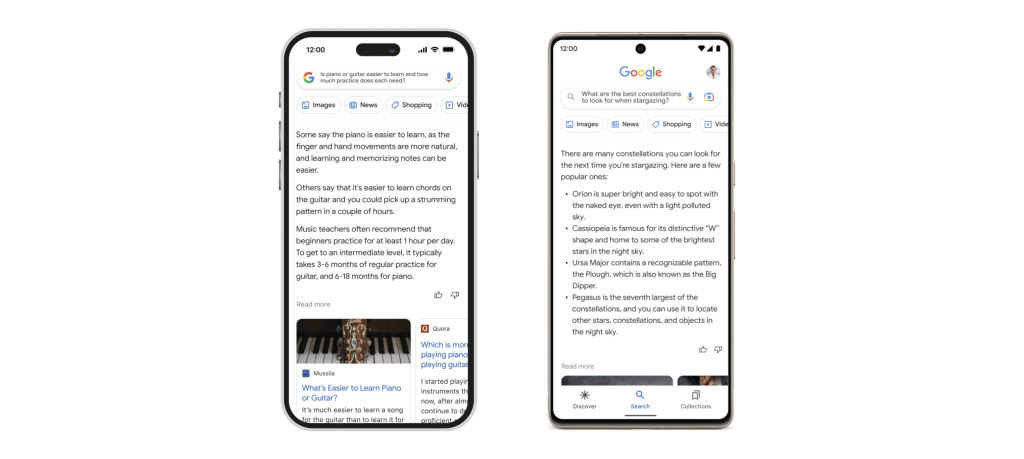
LaMDA
LaMDA which stands for ‘Language Model for Dialogue Applications’ is Google’s own language processing technology. This is as opposed to OpenAI’s GPT model which stands for Generative Pre-trained Transformer technology. Both are built on Transformer — an open-source neural network architecture by Google Research.
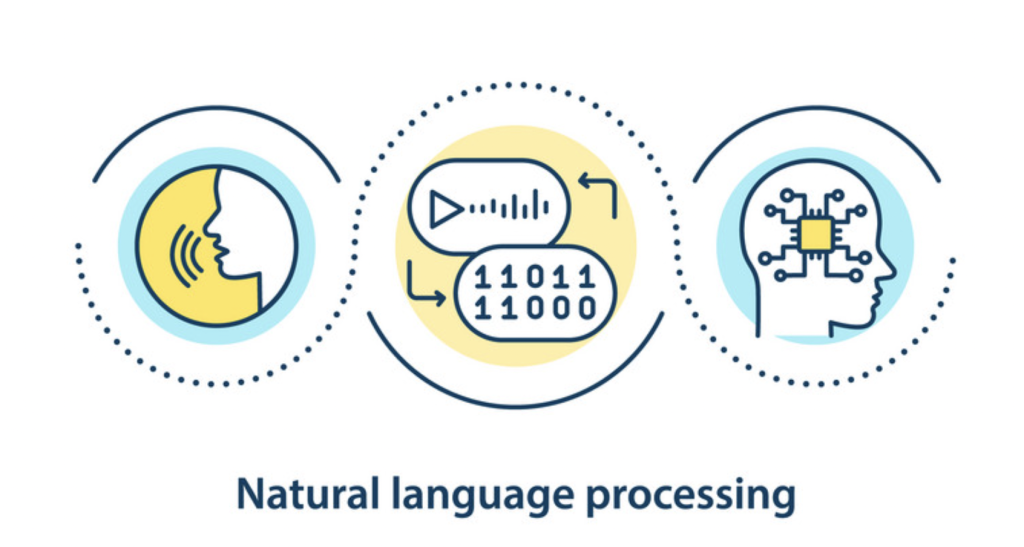
Although both have some differences there is one important one — LaMDA is trained on dialogue rather than text-based sources. This means it can understand queries even more deeply (making the result more accurate and useful) and it can communicate far more naturally.
It can answer search queries with “fresh, high-quality responses” and carry open-ended, meandering conversations with ease. It can also provide responses that are both sensible and specific. This means it can provide you with a natural, interesting answer that completely addresses your question, rather than the more general responses ChatGPT can currently offer.
Challenges
When developing an entirely new technological infrastructure for something as widely used as a search engine, there are many challenges:
Misuse
With little guidance from lagging governance bodies, private companies are developing their own code of ethics for their AI. This is to prevent the proliferation of bias, hate speech, or the dissemination of harmful or illegal information.
Fact-checking
AI chatbots or writing tools are highly sophisticated guessing machines. They use their databases and queries to guess which word comes next in a sentence. This means they have great difficulty in providing accurate information since it is not really ‘checked’. Google has committed to improving this using open-source architecture and internal scrutinisation of responses.
Language Processing
As sophisticated as these models are, their conversation can still feel unnatural at times, and the writing they produce is still somewhat elementary. Progress and research will need to be innovative and continual.
Scaling
These kinds of search engines require a lot more processing power to run and can find it difficult to handle many users. ChatGPT is often down during times of high traffic. Considering Google Search processes over 8.5 billion requests a day, both hardware and algorithms will have to work hard to match demand.
The Future of the Internet
Search engines are one of the most basic components essential to an internet experience. Every user must use one, and most are loyal to the one they use. Google Search’s prominence rocketed Google as a brand to a verb — ‘googling’. This is why providing the dominant search engine puts a tech company in such a dominant position. The arms race to develop the first AI-powered search could end up defining the future of the Internet.
1 Comment
Leave a Reply Cancel reply
This site uses Akismet to reduce spam. Learn how your comment data is processed.


The article on the AI search engine arms race was fascinating! It’s incredible how AI is advancing and changing the game for search engines. This article provides great insight into what the future of search engines could potentially look like. Thank you for sharing such an informative piece!